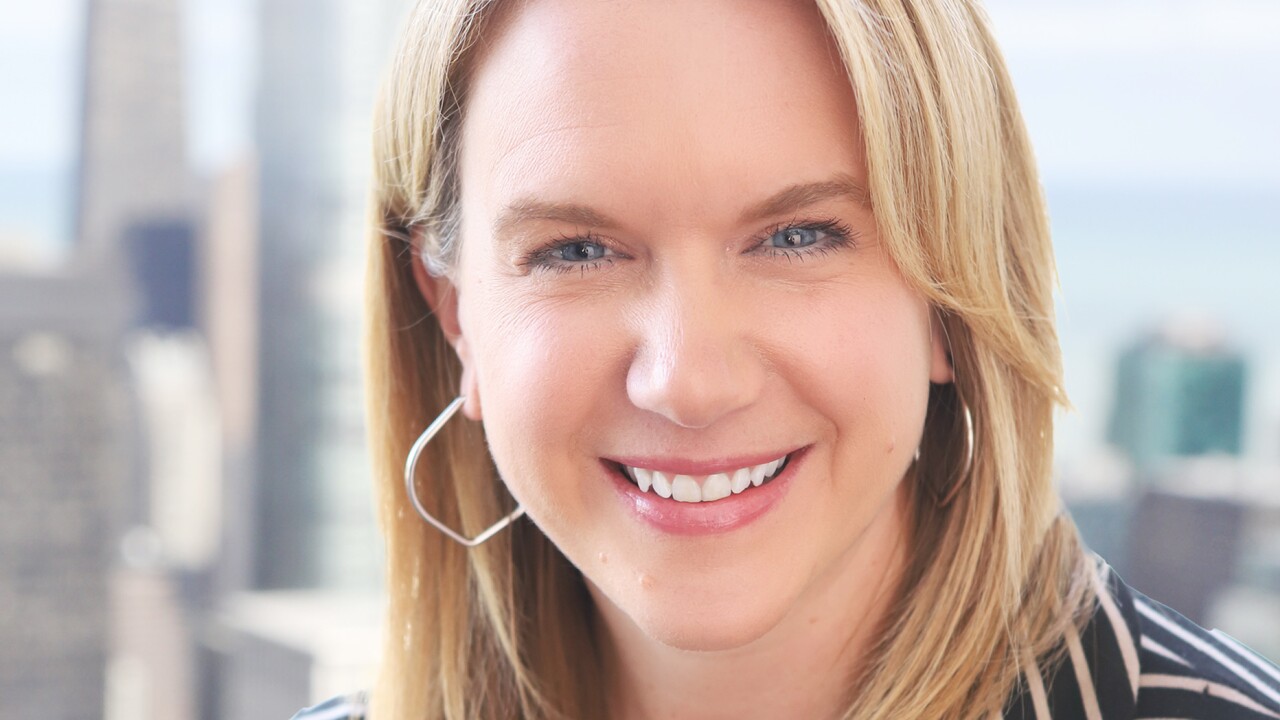-
Senate Banking Committee Chairman Chris Dodd abruptly abandoned his plan to press ahead with a partisan vote on his regulatory reform bill next month after running into bipartisan opposition.
November 19 -
The House Financial Services Committee approved a series of amendments Thursday designed to enhance oversight of the Federal Reserve Board and create a government fund to pay for the failure of systemic institutions.
November 19
WASHINGTON — It was supposed to be the week the House Financial Services Committee passed a key part of regulatory reform and the Senate Banking Committee finally began moving forward on its ambitious overhaul plan.
Instead, it was the week that regulatory reform took a significant step backward.
In the Senate, Chairman Chris Dodd was forced to abandon any timetable and return to the drawing board for his massive reform bill after panel members from both sides insisted he take a bipartisan approach.
In the House, a panel vote on legislation to give the government oversight powers of systemically important institutions was delayed until after Thanksgiving. The legislation also picked up a controversial amendment that could destroy the Federal Reserve Board's independence.
While the reform effort has always been a slog that was expected to go into next year, the new hurdles indicate it could be even more difficult than originally expected — and that it may be in jeopardy of not passing at all.
"The train is off the rails in reg reform," said Phillip Swagel, a professor at Georgetown University and former Treasury assistant secretary for economic policy.
Dodd's introduction of a 1,139-page regulatory reform bill on Nov. 10 was a gamble designed to build momentum for an overhaul. In an interview last week, the Connecticut Democrat made it clear he was prepared to push through the bill along party lines if he had to.
But the game plan quickly changed Thursday as debate began on the bill and several Democrats objected to taking a partisan approach. As a result, Dodd scrapped a planned vote for the second week of December, and said he would restart negotiations with committee members from both political parties.
Dodd defended the switch by saying his deadlines were intended to move the process forward.
"Particularly in the Senate, you have to lay things down to get things moving, to get people to come to a table to decide to make decisions," Dodd told reporters. "I had set out some deadlines earlier because you have to move."
Dodd also made it clear that he was open to changing most anything in his bill, even its cornerstone — a provision to consolidate existing federal agencies into a single prudential banking regulator. "It's a discussion draft," he said. "It's one idea. And there other ways of doing this. This is not a question of being locked down. There is nothing written in here in concrete."
During the hearing, Dodd appeared somewhat surprised by the reaction to the bill. Some Democrats expressed tepid support for the legislation while others objected to multiple sections of it. Many colleagues urged Dodd to take a bipartisan approach.
Though the Banking Committee is normally reserved and disputes are often resolved in private, Sen. Richard Shelby, the lead Republican on the panel, ripped into virtually every facet of Dodd's legislation, saying it was poorly constructed.
Mark Calabria, a former aide to Shelby, said that Dodd will have to become more engaged if he wants to get a bill enacted. "Dodd has to be personally involved in the process now. This entire delegation of leaving it all to staff is going to have to change," he said. "It's obvious he doesn't have the support of his own side. This recessed the entire process. The level of discomfort with all of this seemed pretty widespread. I almost feel he's going to have to start from square one."
Calabria predicted that Dodd would restart negotiations with Shelby, but also pursue other GOP members in the hopes of winning their support.
"If he can get two or three Republicans, that is probably sufficient, so I also think he's going to work back channels if things fall apart with Shelby," he said.
Analysts predicted that Dodd would not be able to vote on the bill until next year at the earliest — and would have to make major concessions in the process.
"Nobody is very happy with Dodd's bill, and everybody wants to talk more and negotiate more and that means more delay," said Jaret Seiberg, an analyst with Washington Research Group, a division of Concept Capital. "We think it's going to be extremely difficult to get Dodd's comprehensive bill done, and we think he will have to negotiate and come up with a narrower package of reform."
As the Senate takes time to regroup, the House effort keeps getting pushed back and more complex.
While Dodd has tried to craft a single regulatory bill, Financial Services Committee Chairman Barney Frank has divided his into multiple parts. The Massachusetts Democrat has already passed bills to create a consumer financial protection agency and tighten regulation of derivatives, and he had been expected Thursday to pass legislation that would give the Fed the power to oversee systemic risk and allow the Federal Deposit Insurance Corp. to resolve such firms. But a last-minute curveball delayed consideration of the bill. The Congressional Black Caucus, angry with the administration over inattention to how the recession is hitting poor and African-American communities, opted to hold the reform bill hostage. As a result, Frank was forced to push back a vote on the bill until after Thanksgiving.
Frank said that the delay would not hurt the overall package, since regulatory reform is not slated to be brought to the House floor until the second or third week of December, but observers said with the CBC representing 10 votes on his panel, their support would be necessary to proceed.
"That's not necessarily a done deal now," an industry lobbyist said.
Doug Elliott, a fellow with the Brookings Institution, said that while delays were always anticipated, the events of Thursday were a setback.
"It essentially was a bad day for reform," Elliott said. "We have a complicated political system, and we have a complicated set of changes to get through on the economy."
A bigger problem brewing for the fate of regulatory reform is backlash against the Fed.
Over the opposition of Frank, his panel approved an amendment 43 to 36 from Texas Republican Rep. Ron Paul that would expose the Fed to broad audits that could delve as far as monetary policy.
Frank acknowledged he would have to readdress the issue, and observers said that if left intact it could weaken the financial system.
"To me, I consider that scary, because the last thing I'd want is for politicians to have a say in monetary policy," said Kevin Jacques, Boynton D. Murch Chair in Finance at Baldwin-Wallace College and a former Treasury official.
Ironically, the underlying Frank bill would make the Fed more powerful by giving it the ability to regulate and restrict systemically important firms. Though the Fed is politically unpopular, the Obama administration and Frank have pushed hard to give the central bank more authority — and some Democrats who voted for the Paul amendment may resent it.
"There are a number of people on the Hill who do not like the Fed at all," Jacques said. "That's an anti-Fed vote and the administration's proposal just got a whole lot tougher to get through. If I was a betting man, at this point, I'd say the Fed is not going to get systemic risk."





